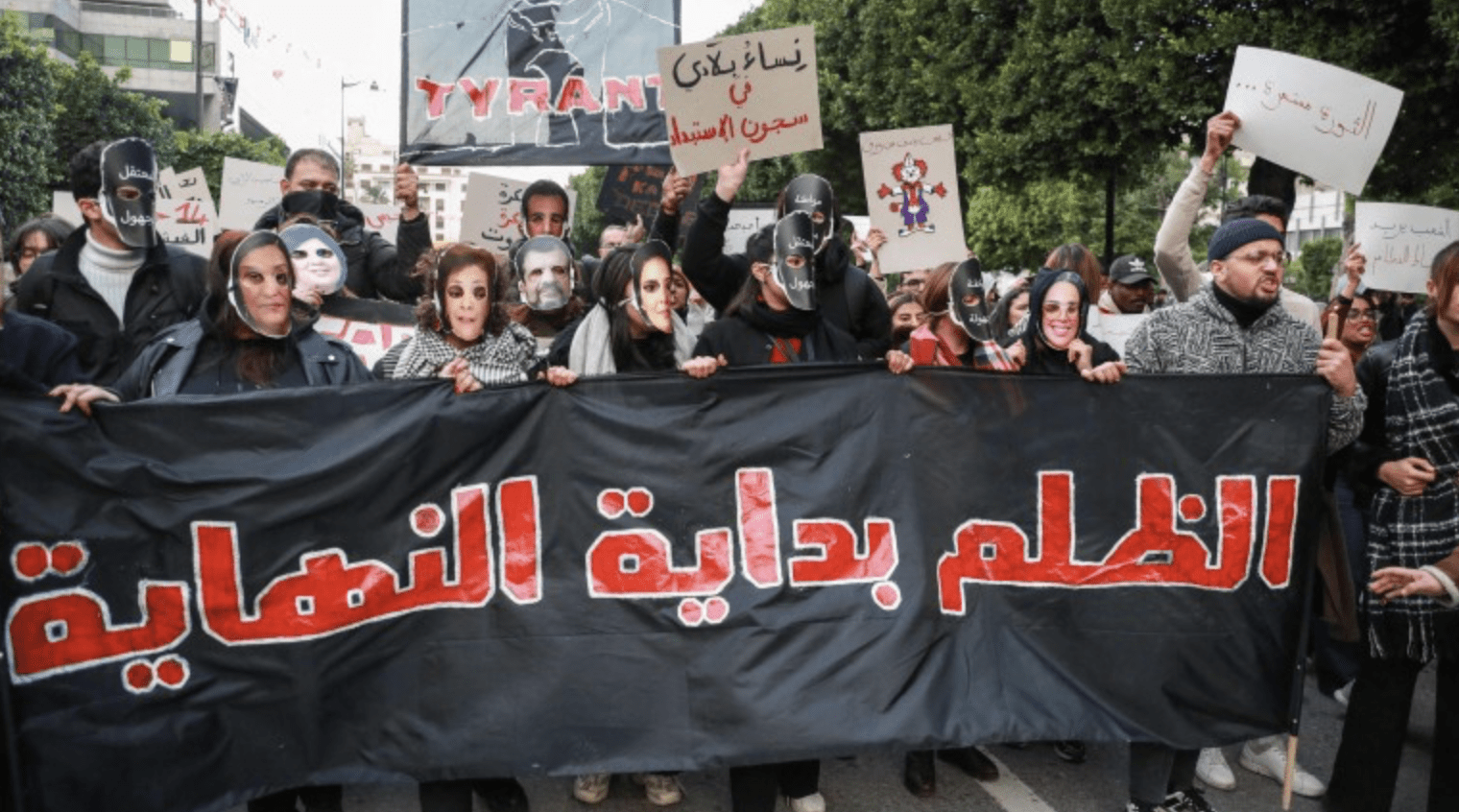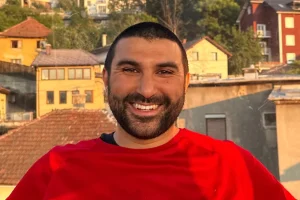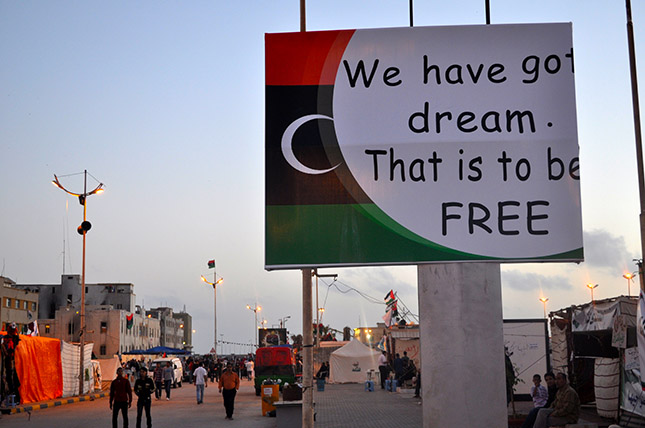Morocco’s Unique Approach to Journalist Suppression

Ahmed Benchemsi, the director of communication and advocacy at the Middle East and North Africa division of Human Rights Watch, sheds light on Morocco’s unique approach to suppressing journalists, according to Lakome2.
Benchemsi, it should be noted, is the founding editor of TelQuel magazine which he claims he was forced to sell at a throwaway price in 2010 after being on the recieving end himself of state intimidation for his more astute reporting which clashed with the Palace – and so, by experience, could be considered an expert on media in Morocco.
Benchemsi, who lives in America fearful of returning to Morocco, has become to ‘go to’ analyst/commentator for all western media who want the lid lifted on Morocco’s degenerating human rights record and is often given a platform by a number of leading titles in London and Washington.
During a symposium organized by the National Authority for Supporting Prisoners of Conscience, Benchemsi identified what sets Morocco apart from other countries in the region, stating that while some countries target large numbers of people to attack or imprison, Morocco targets just a few. The few journalists or activists who are chosen to be attacked are well-known and can then serve as an example to others, in a display of intimidation by the state.
READ: Moroccan activist gets jail sentence extended
Benchemsi explained that independent journalists in Morocco can be categorized into two groups. The first group consists of individuals who are not considered prominent enough by the state to warrant special attention. Consequently, they are directly targeted by the “Makhzen” an elite group of mainly royals who, in many ways, is the real power in Morocco.
The second category is internationally known journalists, that the state is taking greater efforts with, in an attempt to “disrupt” the West and complicate their access to information. Benchesmi indicated that this is why human rights defenders in the West do not have accurate details and information about the happenings in Morocco, specifically when it comes to the rights of women and homosexuals.
READ: Moroccans take to the streets against visit of Israeli official
Through the imprisonment of renowned journalists, Morocco not only sets a chilling example that intimidates others, but also curtails the dissemination of accurate information to the West regarding the country. Moreover, this serves as a deliberate tactic to discourage potential advocates from taking a stand on pressing issues in Morocco, which in turn, has an immediate knock on affect to the levels of foreign investment the country can attract – an issue which has never been more prolific than at present post covid and with regards to the effects of the Ukraine war.
Want to chase the pulse of North Africa?
Subscribe to receive our FREE weekly PDF magazine














